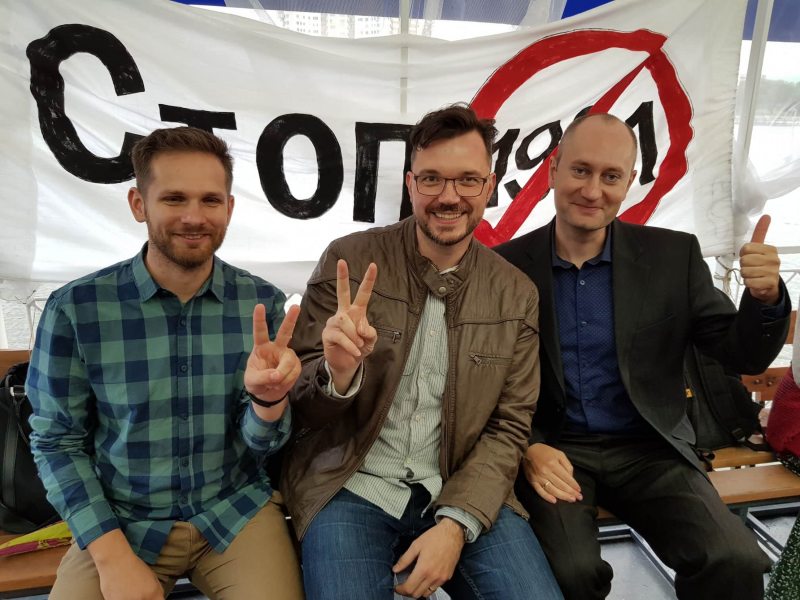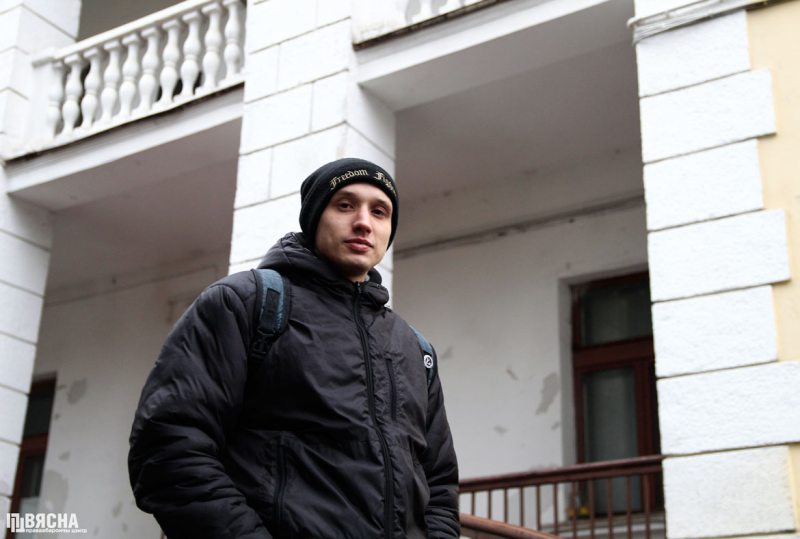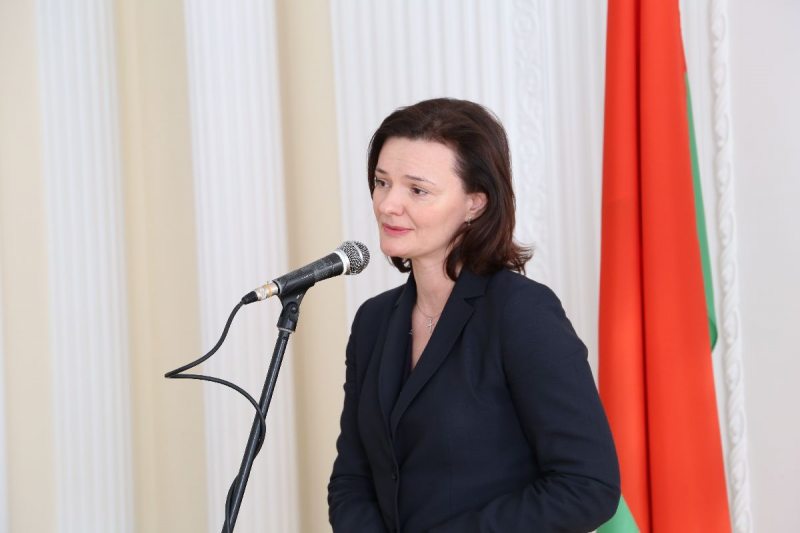Picks of the week
Former political prisoner and Amnesty International’s prisoner of conscience Dzmitry Paliyenka, who is currently held in a criminal case, may face an additional charge of “insulting an official,” a spokesperson for the Investigative Committee said.
In early July, the case consisting of three counts (malicious hooliganism, damage to property, and inciting social hatred), was forwarded to the Prosecutor’s Office for an audit and was expected to reach court in the coming weeks. However, it has now been reported that the case file was sent back to the Investigative Committee.
Paliyenka was arrested on March 20 after he allegedly attacked a passerby with a pepper spray. If found guilty, he may be imprisoned for up to 10 years.
On July 18, the infamous Article 193.1 of the Criminal Code became officially invalid. The clause carried severe penalties for illegal NGO membership and was used multiple times to arbitrarily convict civil society activist in Belarus.
However, criminal responsibility has been replaced with an administrative one, which may result in heavy fines (1,275 rubles or USD 630) imposed on regular members of banned groups. Experts are especially alarmed by the fact that the penalties may be awarded out of court – by bodies of the Interior and the Ministry of Justice.

- Dzmitry Fedaruk, Siarhei Lisichonak and Aleh Korban, former victims of criminal prosecution under Art. 193.1, celebrate legal changes at an event in Minsk. July 18, 2019. Photo: spring96.org
“The feelings of joy after the decriminalization of activity of unregistered organizations are overshadowed by the fact that the Belarusian authorities have not abandoned the idea of banning the activities of unregistered organizations and the responsibility for such activity, although administrative one, although in the form of fines. All permissible grounds for restricting freedom of association are set forth in the Constitution of the Republic of Belarus and art. 22 of the International Covenant on Civil and Political Rights. Punishing people for their socially beneficial activity, which pursues entirely legitimate goals, is a violation of the very freedom of association,” Viasna’s human rights defender Valiantsin Stefanovich said.
In Mahilioŭ, Alla Halushka, deputy chair of the city executive committee banned a protest that called… for her own resignation. The official, however, has not been held liable for the apparently absurd decisions, mspring.online said.
The organizers of the picket tried to appeal the ban, but the city mayor said in response that the decision was legal. That activists, in turn, stress that the case is a clear example of conflict of interest.
“Absence of a professional code of ethics is a huge drawback for today’s officials. A bill was presented to President Lukashenka back in 2003, but since then the situation has not changed,” local human rights defender Barys Bukhel said.



















